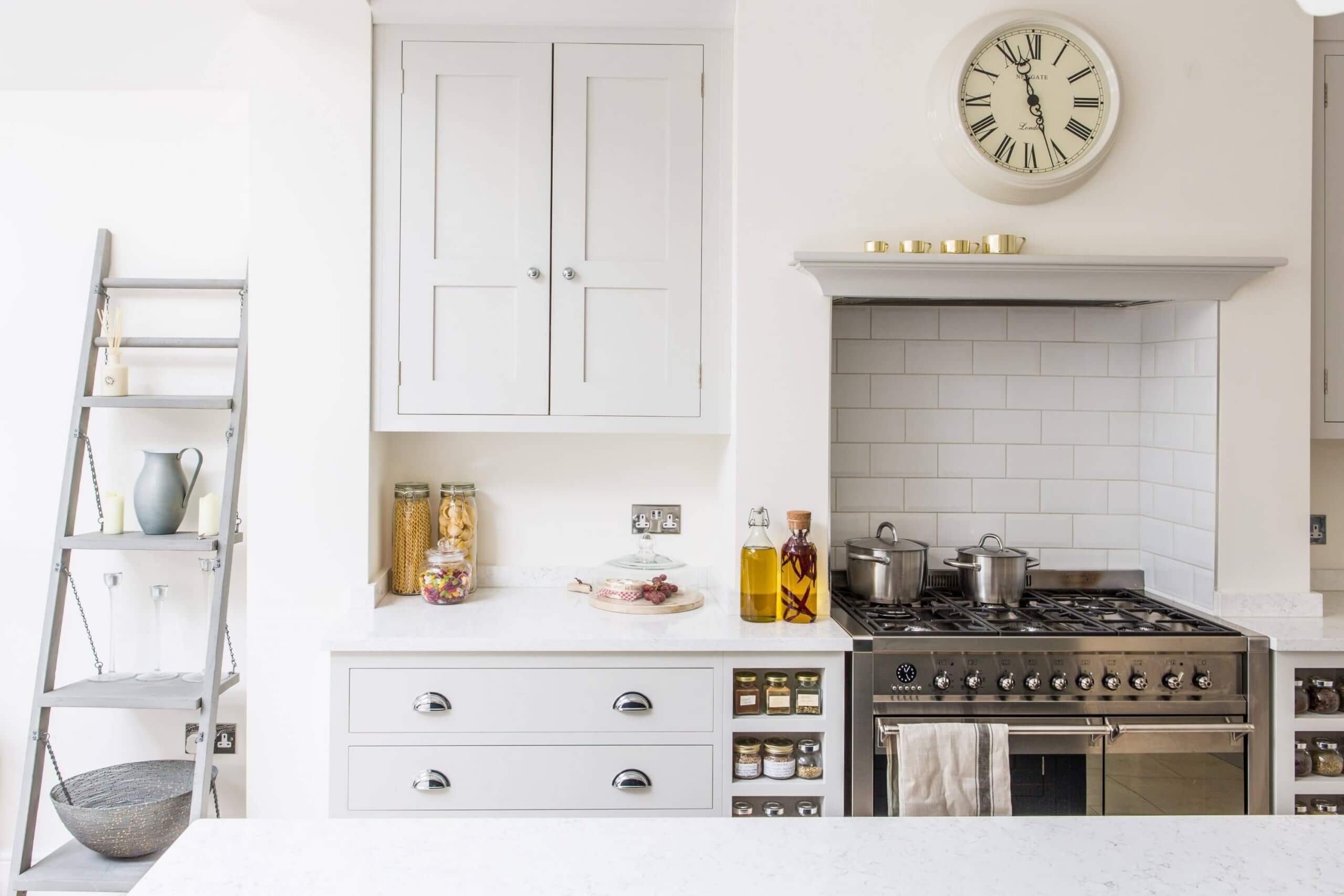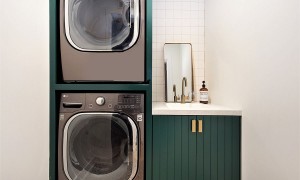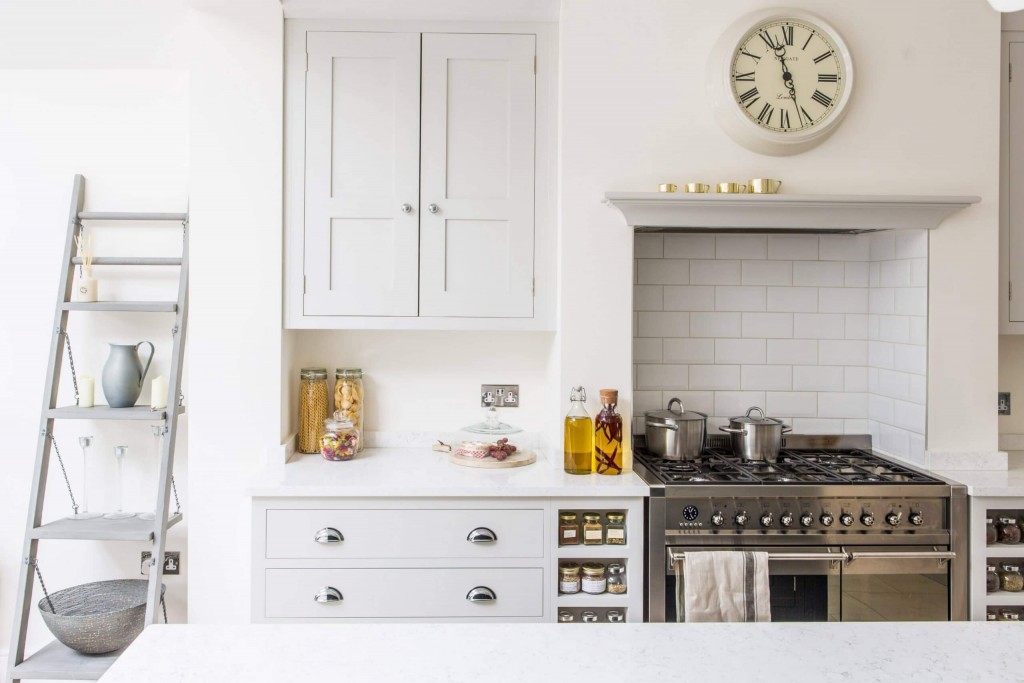
A no waste kitchen might seem like too much trouble, especially since humans are such creatures of comfort and habit. However, it’s not an impossible task. You can start by reducing waste and paying more attention to what you buy and how you store things. Observe your cooking habits and start making simple changes in the things you use around you. Want to know more? Read on.
Here are a few simple but useful tips on how to be zero waste in your kitchen.
Ditch the disposables
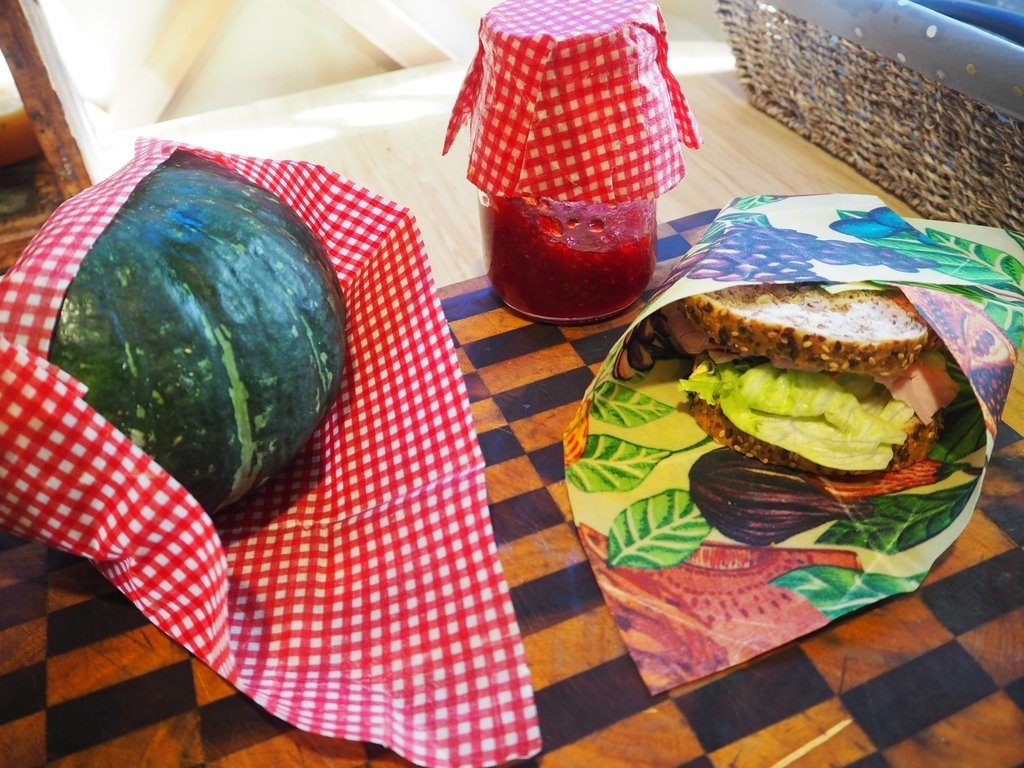
Plastic wraps, paper towels, plastic bags, forget about all these. Nowadays, there are great alternatives to all these products. Beeswax coated cloth is a great replacement for plastic wrap, cloth napkins can replace the paper ones, mesh or woven bags can be used instead of plastic. There are also bamboo party utensils that are compostable, reusable straws, mugs and even sponges. Always pick the things you can reuse and start recycling all the rest.
Buy in bulk
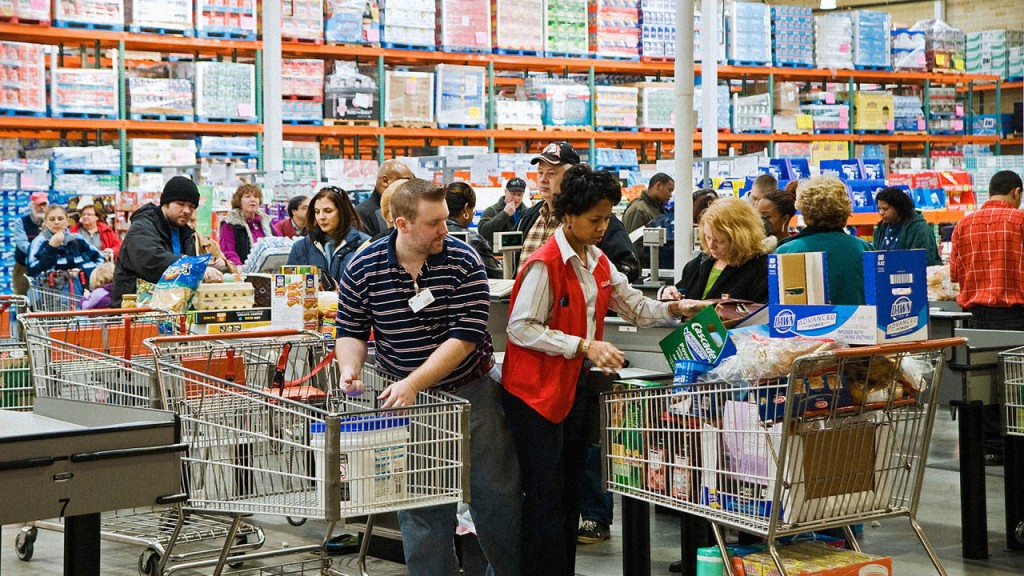
Buying in bulk reduces your product – packaging ration. Maybe you can share things with your neighbour or a family member who is part of the zero waste movement. However, keep in mind that this is valid only for things you really need in large quantities like flour, rice or other ingredients which are part of your daily life.
Think twice before buying gadgets
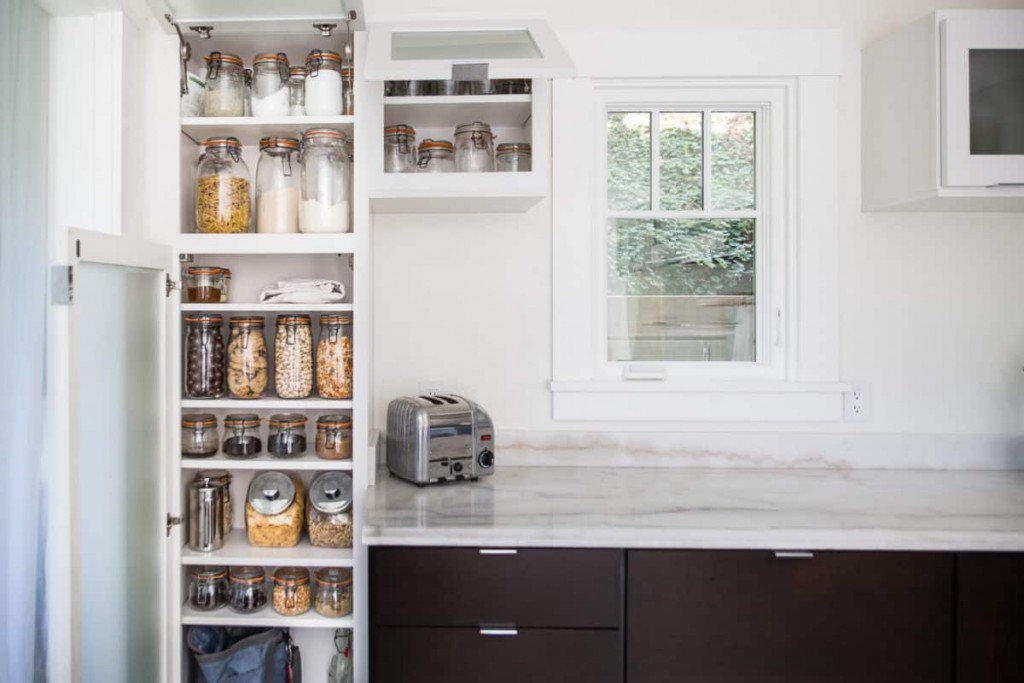
Even if you have the room why would you need a bunch of kitchen appliances? There are so many things you can DIY without spending large amounts of money on fancy kitchen gadgets. Ask Google if you don’t believe.
Buy less
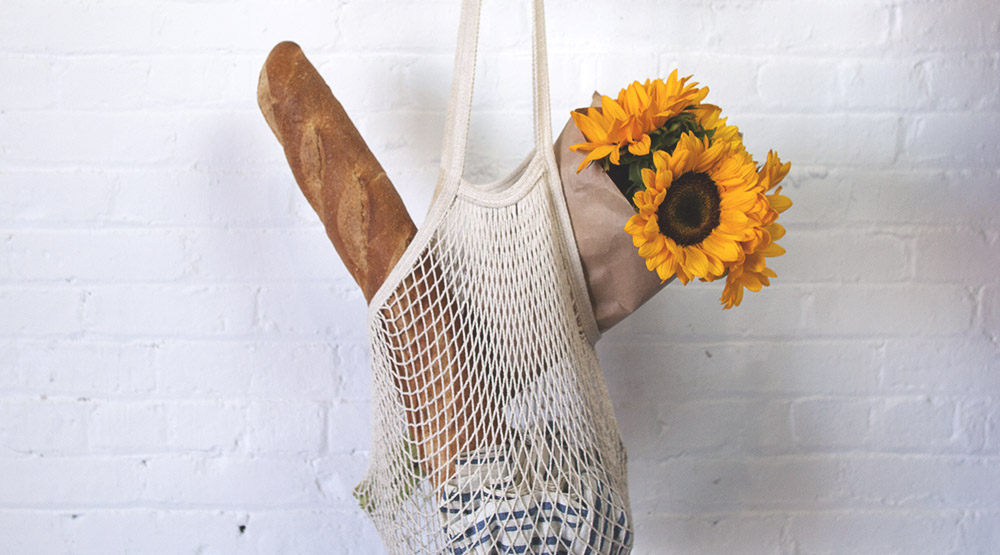
Buy only the things you really need and find creative uses for the ones you already have. There are amazing zero waste recipes for making your own deodorant at home which can be made of the same baking soda that you use for your cakes and for washing the pans.
Be smart about recycling
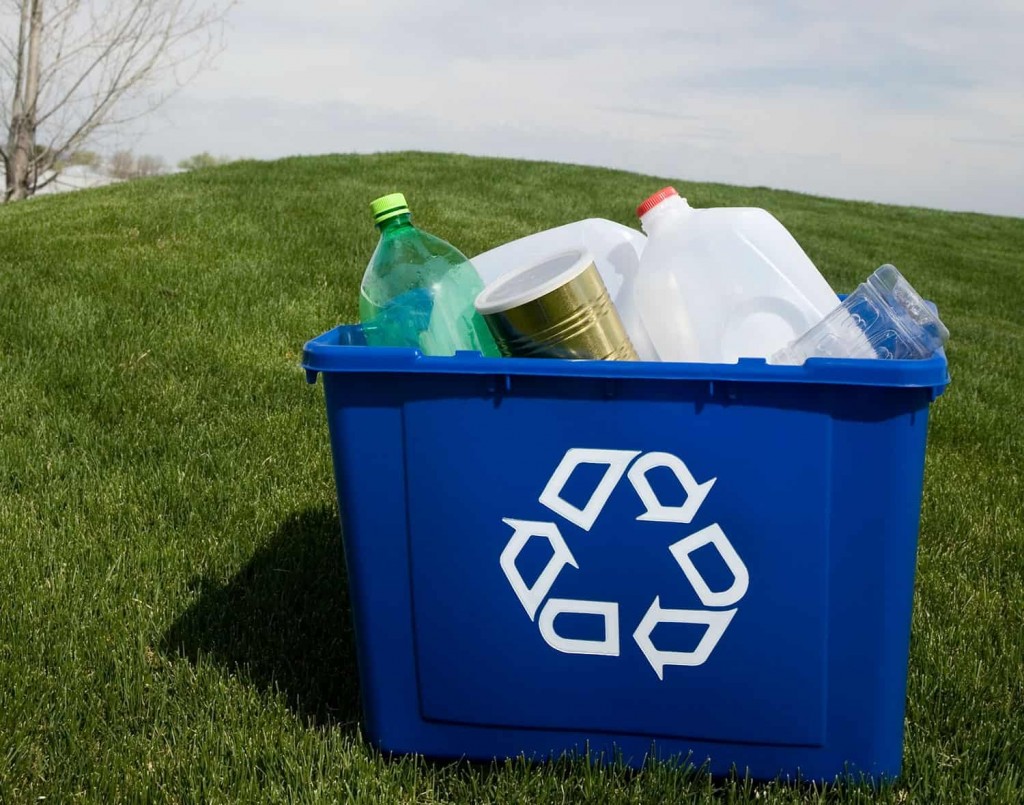
Remember that recycling should come as a last resort. Unlike materials like glass or metal, the biggest part of the plastic things still ends up in a landfill. Metal and glass can be recycled multiple times without losing their quality. It is better to cut off the trash at its source and reuse all the plastic you already have in your home.
Start composting
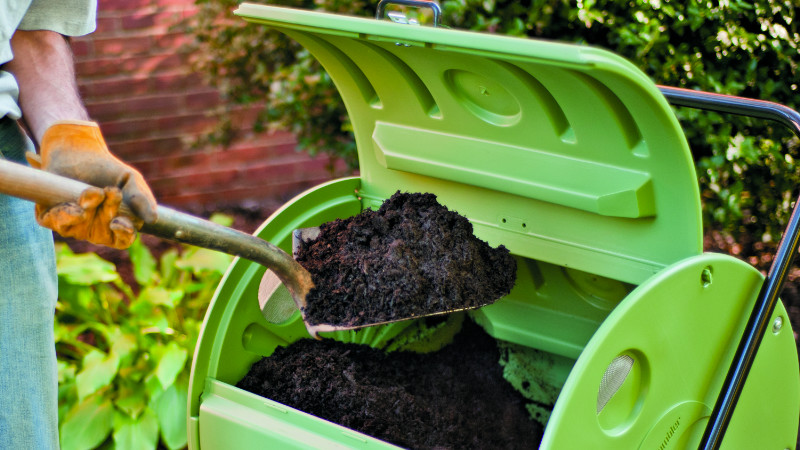
Compost is not waste. That doesn’t mean you should waste or throw away food. But vegetable scraps and other organic waste can be composted and returned to the natural environment in the form of rich, nutritious soil. The hummus which is a result of the composting process has amazing benefits it not only sucks carbon out of the air, but it makes all plants and trees happy.
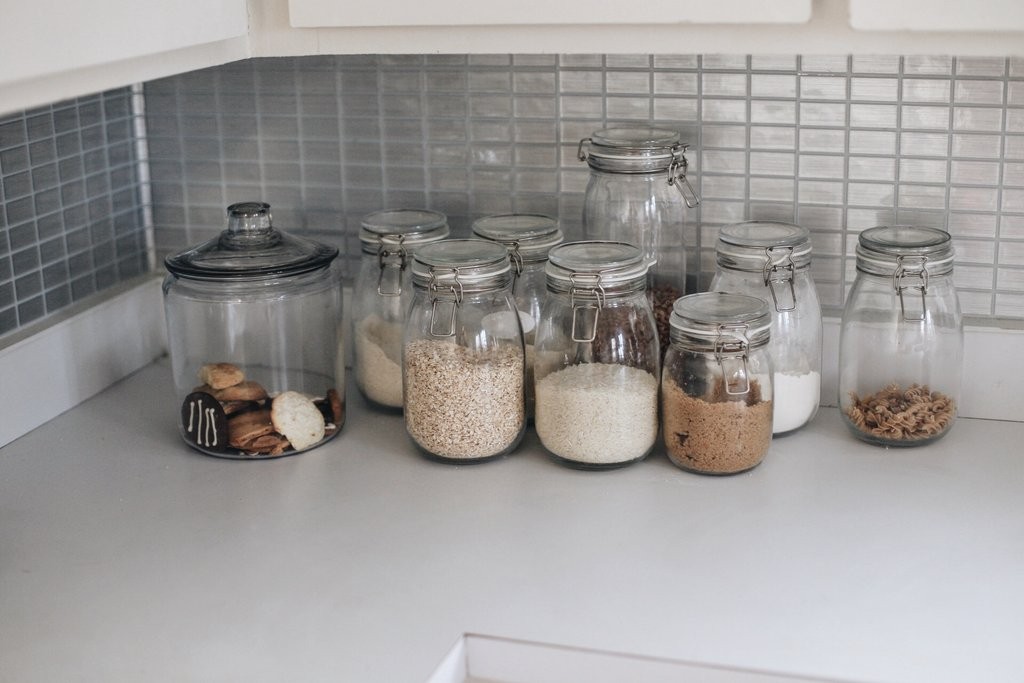
If you are not yet part of the zero-waste movement, what are you waiting for? With these tips, we want to help you transform one of the most waste generating areas in the house – the kitchen!

